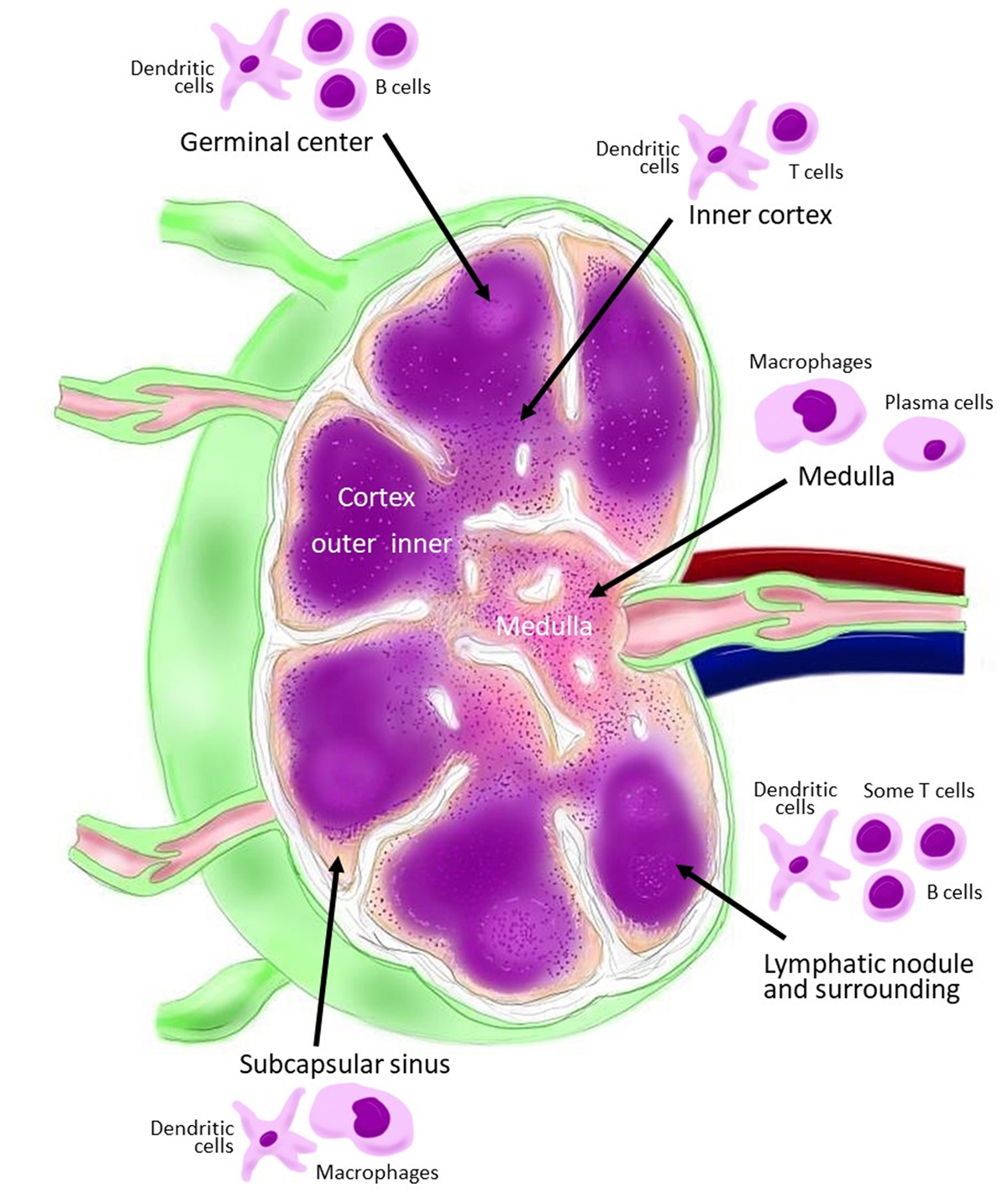
The Lymphatic System
The lymphatic system is a complex network of narrow vessels that spans throughout the entire human organism. It is basically, a sibling of the cardiovascular system. As such, its basic duty is to help our organism to dispose of harmful micro-organisms, which may cause diseases, and to get rid of various other toxic materials.
Lymph in the lymphatic system flows constantly, just like blood flows in the cardiovascular system. Basic difference between the lymphatic system and the cardiovascular system is that lymphatic system carries just one type of cells. These are white blood cells, and their role is to safeguard our organism from becoming infected, this is, by fighting bacteria and viruses that might start off an infection if they propagate.
Unlike the blood, which is pumped by heart, the lymph is propelled through the vessels of the lymphatic system by pressure which the skeletal muscles exert on the vessels when they contract. The thoracic duct of the lymphatic system drains into the circulatory system. Whatever waste was picked up by lymph can thus get to the kidneys and be filtered out of the system. Thus, the lymphatic system works much like a sewer system four our body.
Roles of the lymphatic system
Virtually all fluids that are within our bodies (this, of course, does not include fluids secreted in the digestive tract or lungs) serve to transport and deliver nutrients and oxygen and signalling compounds such as hormones to the cells, the lymph does not deliver anything. It cleans up the waste. there is lots of waste, be it dead blood cells or unneeded and potentially harmful products and byproducts of cell metabolism, pathogens, cancer cells, you name it, and to get rid of it. Other important roles include absorption of excess fluid from the cells and transfer of it back into the bloodstream, where the kidneys will filter it out, absorption of fat in the small intestine and transport of white blood cells around the body, which serve as defence system for the body.
Lymphatic system and the immune system
Lymphocytes are type of white blood cells that are the typical, well, inhabitants of the lymphatic system. They are essential for proper function of immune system. High efficacy of the lymphatic system in fighting off threats to the organism comes from its ability to transport lymphocytes just about anywhere, to prepare lymphocytes for production of antibodies, which serve as key for detecting a threat to the organism and enacting a large scale response, and from the presence of lymph nodes, which contain macrophages. These cells are slayers of germs - they envelop them and kill them with enzymes.
Maintain a healthy lymphatic system
Maintaining a healthy lymphatic system is simple and, what is best, it really makes a difference. Among other things, you can follow a few advices to keep your lymphatic system healthy. Firstly, make sure to drink lots of clean and pure water every day, eat a healthy diet, like one that is rich with fresh vegetables, as it will provide you with lots of vitamins, minerals and nutrients. Add healthy fats to your diet. Make sure you exercise, and try to avoid exposure to anything that can lead to disease and infection. Avoid toxic substances and pollutants and try not to work in an unhealthy environment.
















Your thoughts on this
Loading...